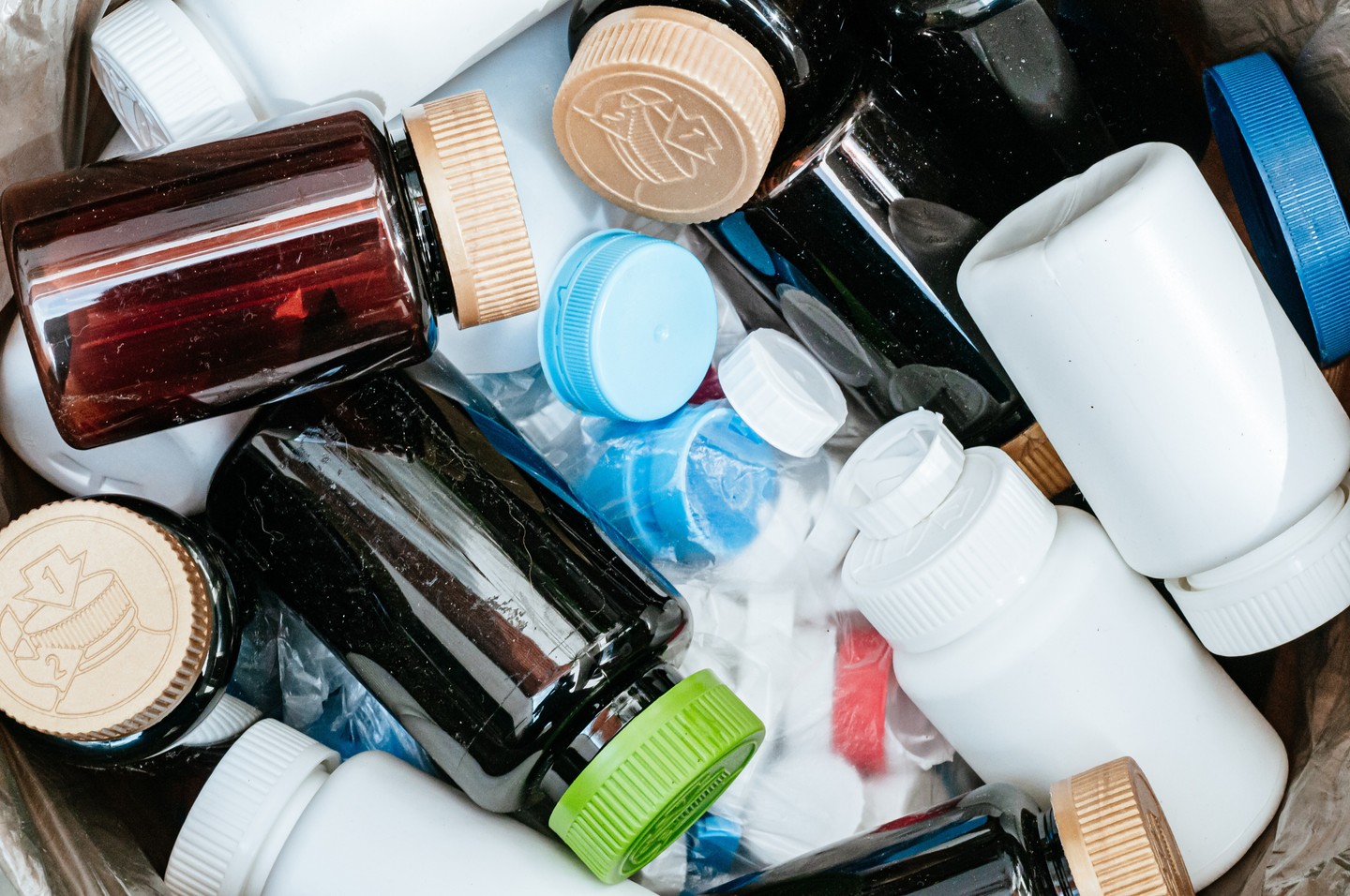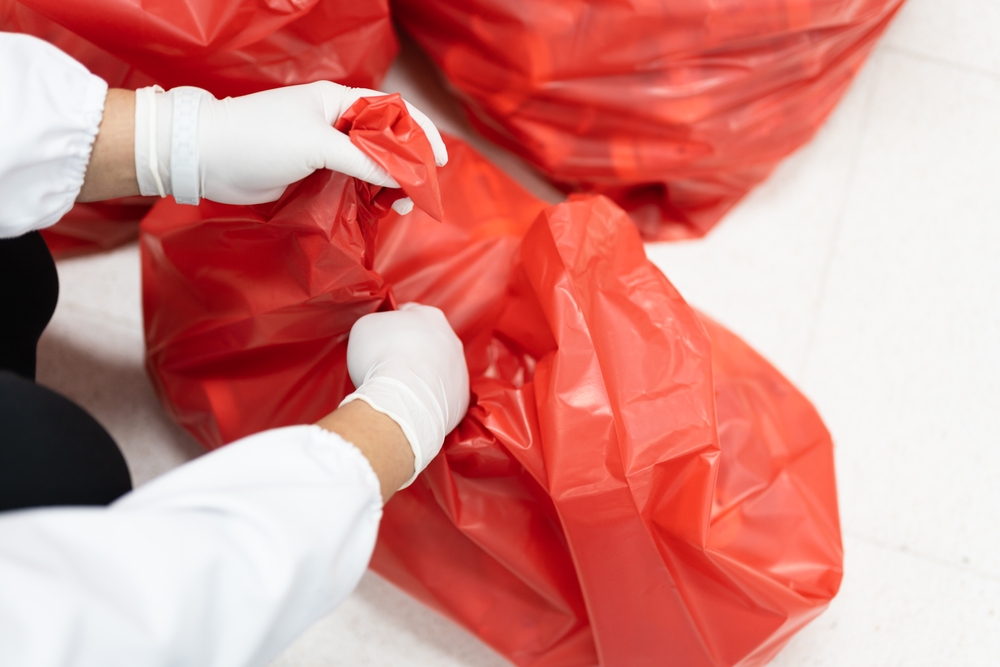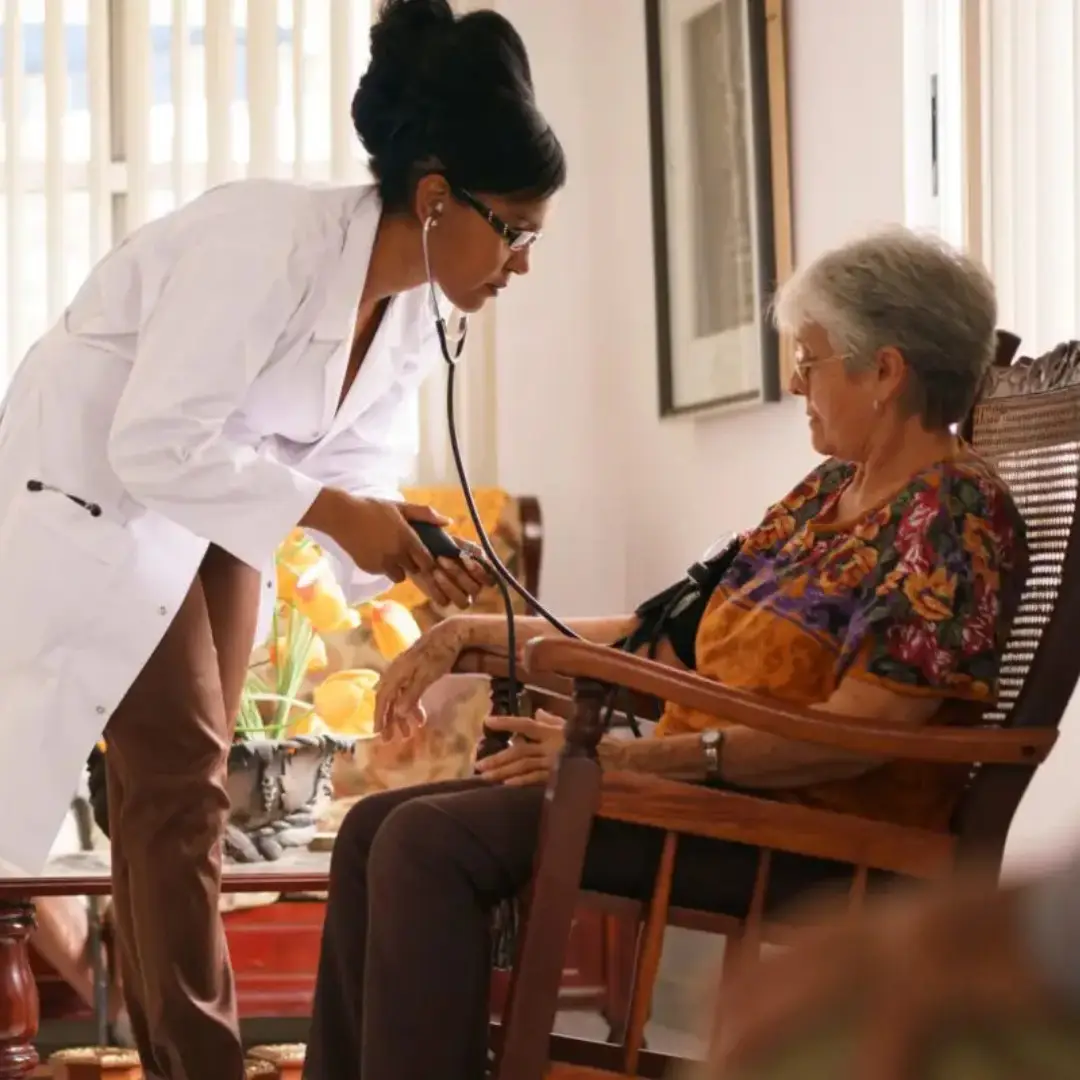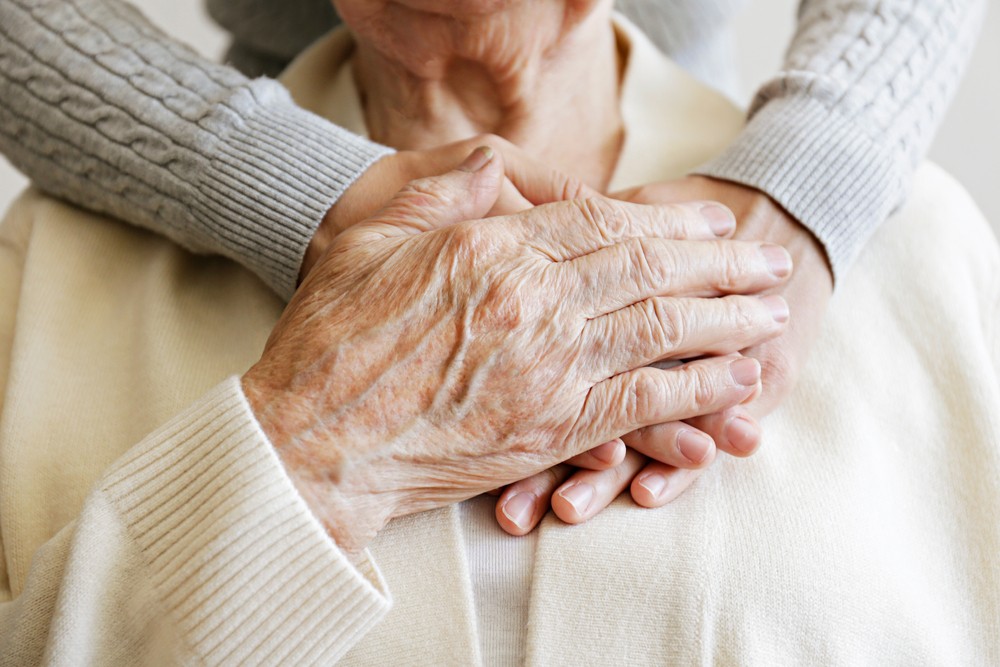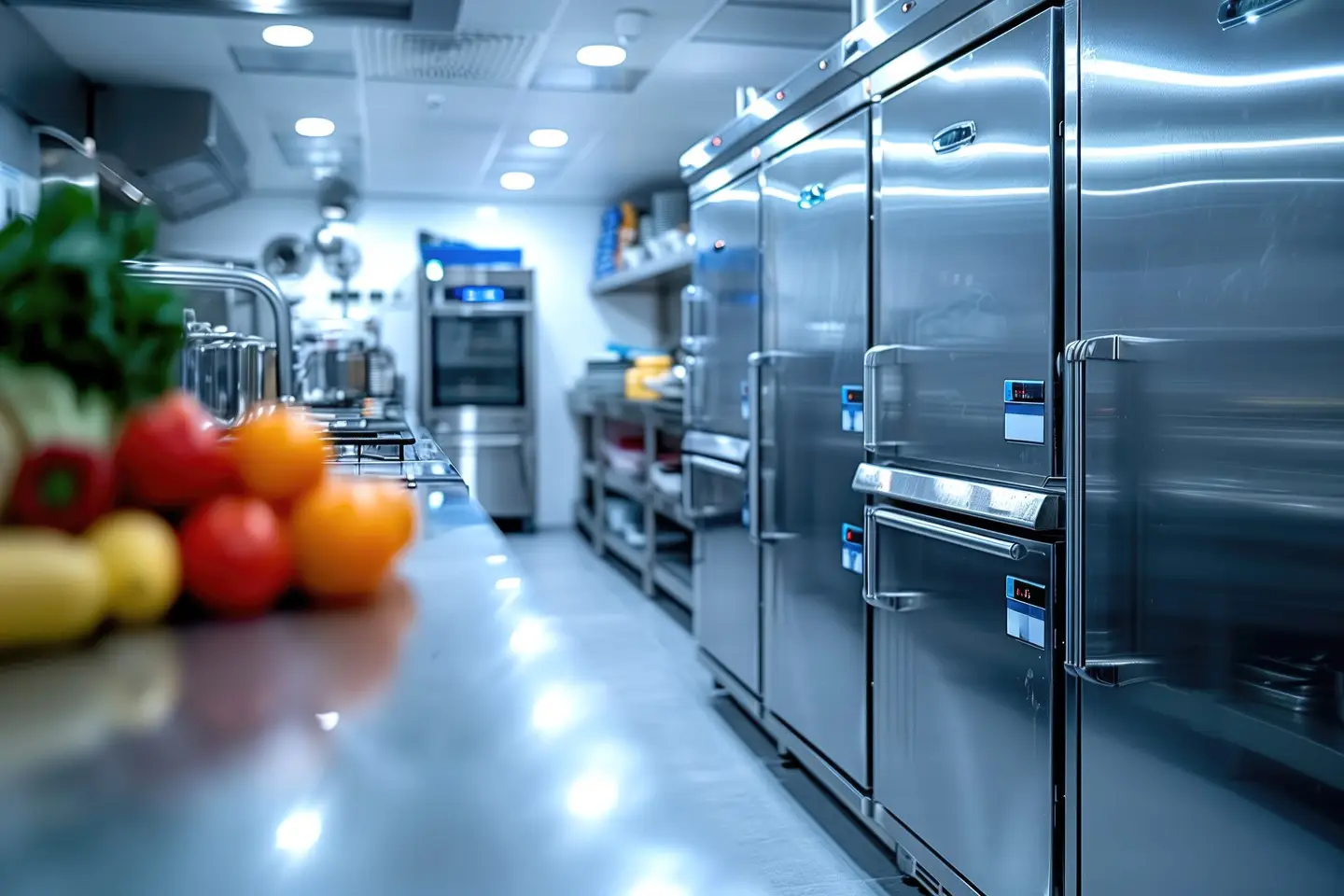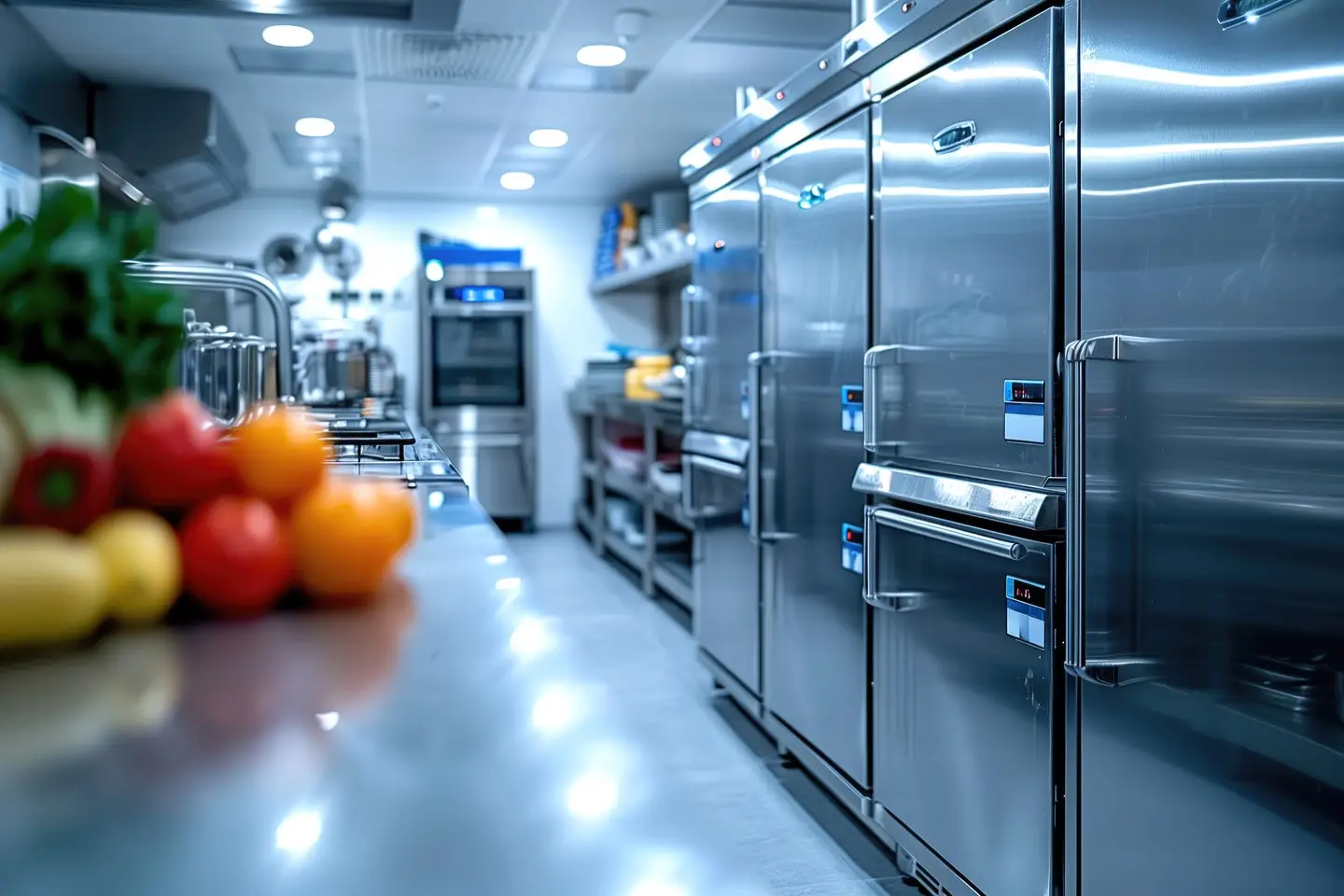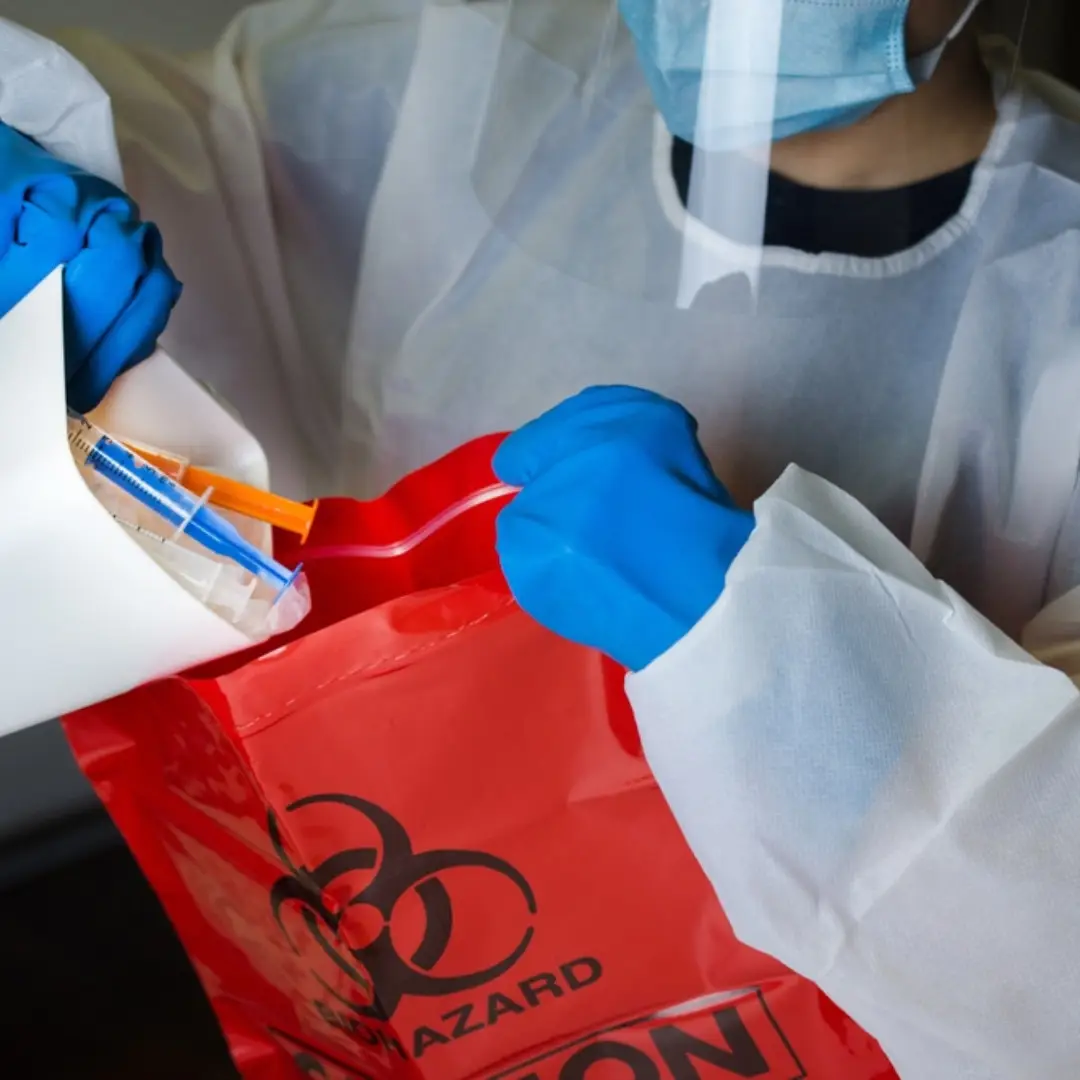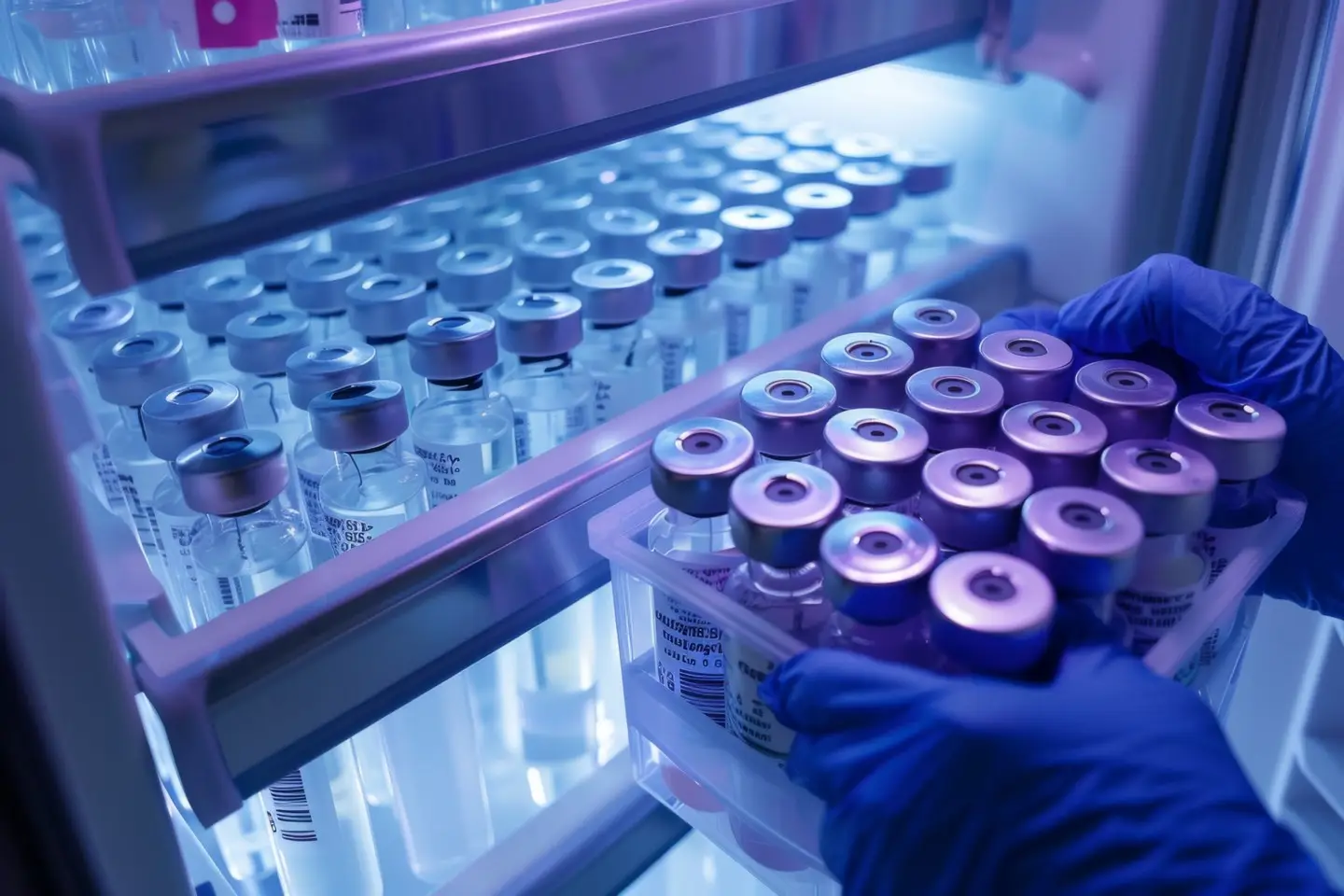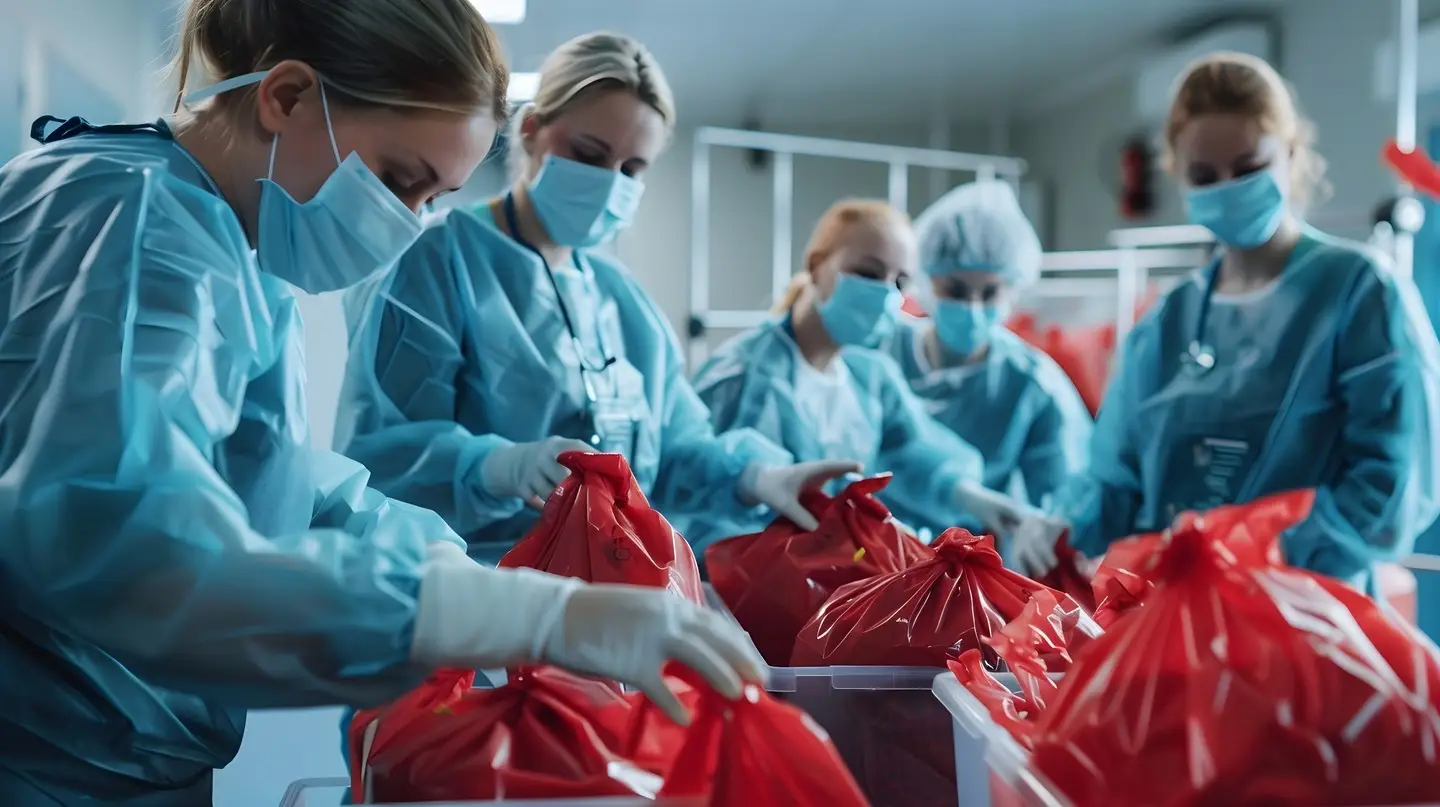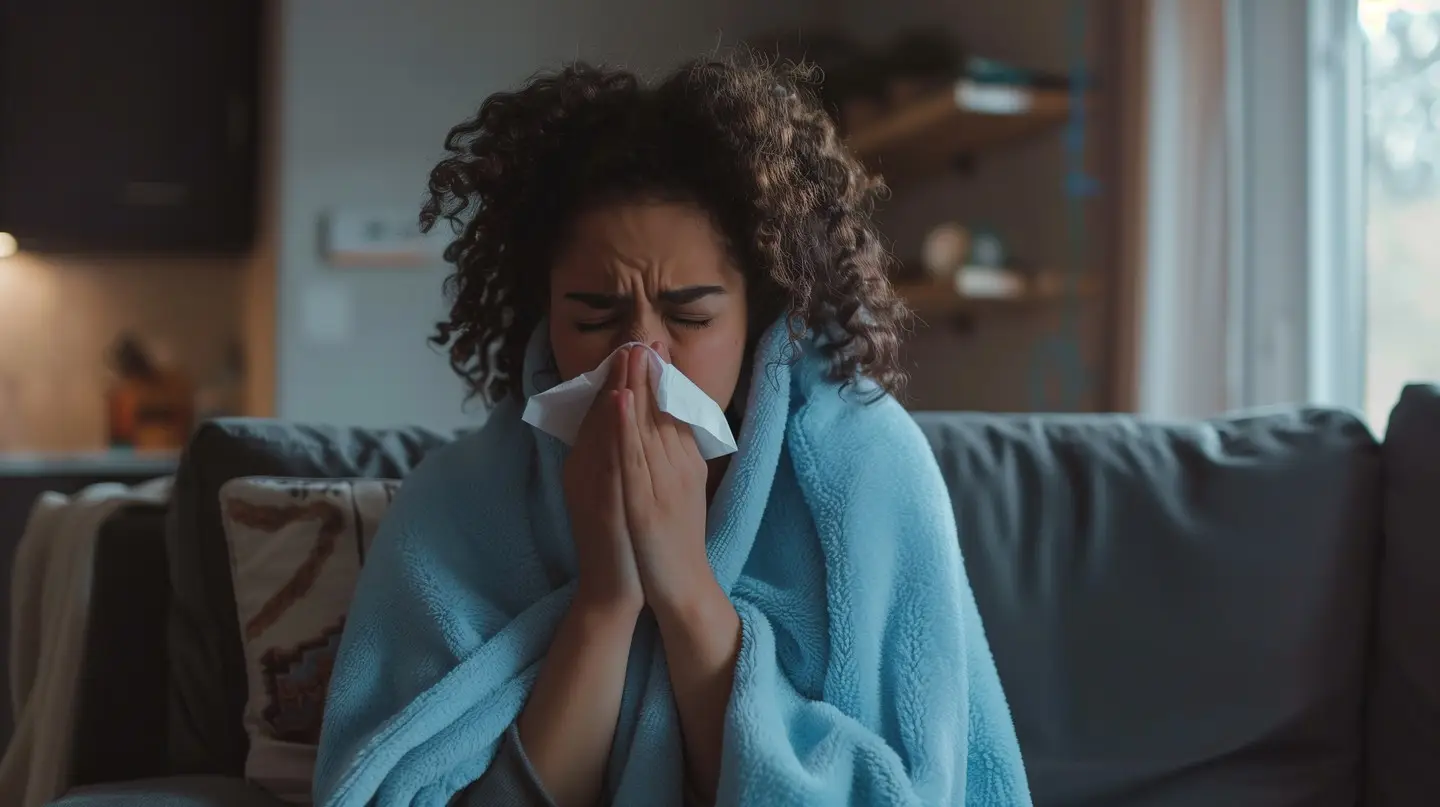“We’re seeing employers do that to mitigate that risk,” says Christina Meddin, a labor lawyer at Seyfarth Shaw in Atlanta who is advising business clients to follow the guidelines.
The more safeguards a company adopts, “the better your argument is going to be” if there’s a challenge by OSHA or a lawsuit, says Jennifer Scharf, a health law attorney at the Coppola Firm in Amherst, New York.
Here’s the rub: OSHA is enforcing the CDC guidelines and conducting inspections in response to deaths in hospitals but not in other cases, according to an OSHA memo released April 13 and Debbie Berkowitz, Worker Safety and Health program director for the National Employment Law Project, a worker advocacy group. About 4,000 coronavirus-related complaints have been filed against employers that fail to provide safe workplaces but the agency has not issued any citations or fines, Berkowitz says. Instead, she says, OSHA is pointing businesses to the voluntary guidelines.
“OSHA is not enforcing anything,” says Berkowitz, former OSHA senior policy adviser during the Obama administration. “OSHA does not have the backs of workers…It’s a travesty.”
In response to the criticism, the Labor Department, which includes OSHA, said in a statement: “OSHA will consult CDC guidelines and its own guidance” as it determines whether a workplace is “free from recognized hazards.”
“Where OSHA finds a violation, a citation will be issued and a civil monetary penalty imposed.”
Some states take the lead
Some states are creating their own safeguards. Besides mandating social distancing and other standards, Georgia Governor Brian Kemp’s executive order requires restaurant employees to wear face coverings. But most other businesses must provide personal protective equipment – such as face coverings – only “as available and appropriate to the function and location of the worker within the business.”
Berkowitz says that’s not enough, noting “there is significant risk of transmission of COVID-19 from infected individuals who are asymptomatic and presymptomatic.”
Many Georgia businesses, worried about the safety of employees and customers, as well as any legal liability, are choosing to remain largely shuttered. Suzanne Vizethann, the chef and owner of Buttermilk Kitchen in Chastain, is providing curbside pickup, e-commerce and catering services but doesn’t plan to reopen her 85-seat dining room for at least a couple of months.
“We don’t feel comfortable that this thing is behind us,” she says. “We’re not going to do anything that puts (employees) in harm’s way. That could be a big liability if somebody gets sick and their family gets sick.” She adds that it’s much easier to monitor social distancing between employees with the restaurant’s current limited services.
Other businesses in Georgia are reopening but taking pains to follow all the state’s guidelines – and more. Lester Crowell, owner of Three-13 Salon, Spa & Boutique in Marietta, reopened Friday and is requiring all hairstylists and technicians to wear face coverings and gloves. And even though styling stations are already six feet apart, the boutique for good measure is leaving every other chair empty in the 39-chair hairstyling section and 24-chair coloring area. Stylists are barred from gathering in the break room and are using disposable gowns for customers, among other safety measures.
“I’m anxious,” Crowell says. “It’s a hard decision to make but we are a business and we’re available to be open. If you say we’re taking a chance, I guess we are.” But he added, “We are going above and beyond” the guidelines.
Workers face hurdles proving liability
Nationwide, employees – or their families – can seek monetary damages if workers get sick or die. But in most states, employees who can file a claim through workers’ compensation, a type of insurance, must take that route and relinquish the right to sue, lawyers say. Meanwhile, winning such a claim can be difficult, with workers having to prove they contracted coronavirus on the job – a high bar during a pandemic.
“Even though it’s recognized that some groups of workers are at elevated risk of catching a virus, there’s still that reality that they may be catching it outside of work,” says John Ruser, CEO of the Workers Compensation Research Institute, an independent group that analyzes workers compensation issues. “The burden of proof would be pretty heavy for them to show that it was work-related.”
A workers’ compensation case could be bolstered if a number of employees at a workplace came down with coronavirus, Segal says.
Meanwhile, a handful of states, including Illinois and Kentucky, have started to shift the burden of proof from the worker to the employer. Under an order from Illinois Gov. J.B. Pritzker, essential workers at businesses such as grocery and hardware stores would have “the presumption that the workers that are essential caught the disease at work.” The company would then have to demonstrate otherwise.
Late last week, however, a county judge issued a temporary restraining order blocking the rule after business groups filed a lawsuit opposing it.
Wave of lawsuits?
Some workers, and their advocates, are heading to court in the leading edge of what could be a wave of lawsuits stemming from the pandemic.
In Illinois, the family of a Walmart worker who died of coronavirus sued the retailer in early April, alleging the company didn’t do enough to protect its workers from the disease. Among other concerns, the family of the worker, Wando Evans, says Walmart did not do enough to enforce social distancing guidelines, properly sanitize the store, or provide sufficient personal protective equipment for employees.
In a statement, Walmart spokesperson Randy Hargrove told USA TODAY the store in Evergreen Park, Illinois, where the worker had been employed had passed third-party environmental and health inspections.
“We are heartbroken at the passing of two associates at our Evergreen Park store and we are mourning along with their families,” Hargrove said. “We took action to reinforce our cleaning and sanitizing measures, which include a deep cleaning of key areas.”
And in Missouri, a nonprofit workers group sued Smithfield Foods in federal court on behalf of its workers after a coronavirus outbreak at a Smithfield plant in Milan sickened several employees. The suit alleges Smithfield workers were forced to work without adequate protective equipment, “shoulder to shoulder,” were not given opportunities to wash their hands, and were discouraged from taking sick leave and given bonuses for working while sick. The suit also alleges Smithfield had not implemented a plan for testing and contact-tracing workers exposed to the coronavirus.
According to the suit, Smithfield’s operations at the plant could result in spread of the coronavirus throughout the surrounding area unless further action is taken. As a result, the plaintiffs ask for the plant to be declared a “public nuisance” and for Smithfield to be forced to change its policies.
Smithfield did not return a call seeking comment. But in an April 24 court filing, the company said, “As of today’s date, we are not aware of any confirmed diagnoses of COVID-19 in plant employees or in Sullivan County. In the meantime, Smithfield has and continues to follow all OSHA requirements and all guidance from CDC and other public authorities.”
With more than two dozen meat processing plants shut down recently because of coronavirus outbreaks, President Donald Trump said Tuesday he would order such facilities to stay open and sign an executive order shielding the plants from liability if sick workers sue.
The Walmart plaintiffs were able to circumvent the workers’ compensation mandate because they’re charging gross negligence while the Smithfield plaintiffs are relying on a novel “ public nuisance” argument and aren’t seeking damages, Berkowitz says.
Businesses seek to limit liability
Worried about such lawsuits and a hodgepodge of state laws, the U.S. Chamber of Commerce is among several business groups asking Congress to set a federal standard that limits liability for employers who follow CDC guidelines.
“We’re looking for a narrowly tailored policy that will give employers the confidence to reopen their businesses without there being a cloud of liability,” says Harold Kim, president of the chamber’s Institute for Legal Reform. For example, businesses that check employees’ temperature could have different criteria for what constitutes an illness, he says.
The White House is sympathetic to the pleas. Last week, Trump told reporters he wanted to try to “take liability away from these companies” as they started to open up because “we want the companies to open and to open strong.”
National Economic Council Director Larry Kudlow said, “Some of it can be done through executive order or regulatory changes. Some of it might require legislation.”
Democrats, meanwhile, are trying to beef up what they see as weaknesses in OSHA enforcement. Democratic lawmakers pressed for a bill requiring OSHA to issue an emergency standard to obligate all workplaces to implement coronavirus exposure and control plans.
“We cannot combat this pandemic if we do not take immediate action to protect the millions of health care workers, food service and grocery store workers, and all those working on the frontlines every day to confront this pandemic and move our economy forward,” says Wisconsin Sen. Tammy Baldwin, one of the bill’s authors.
